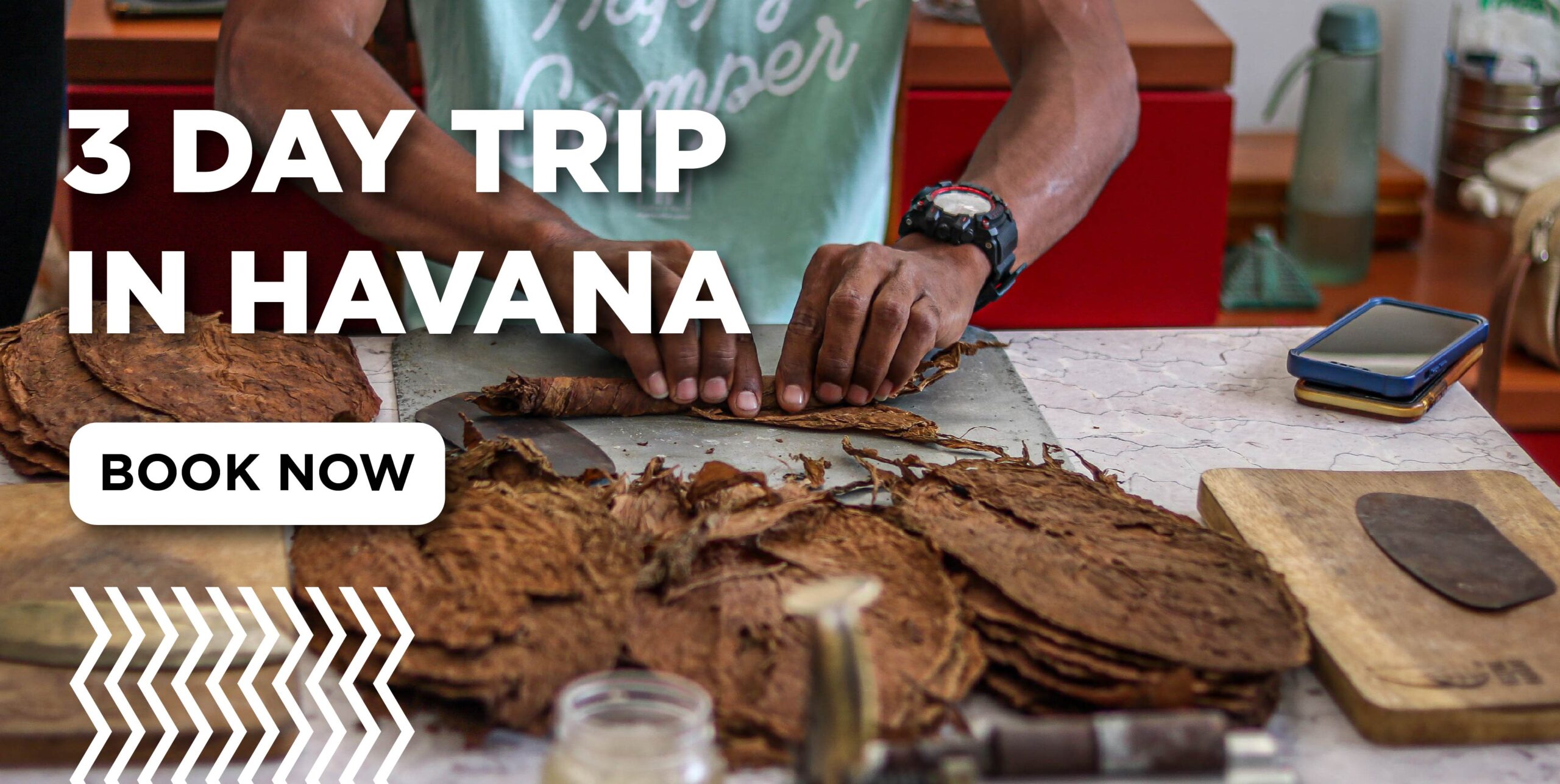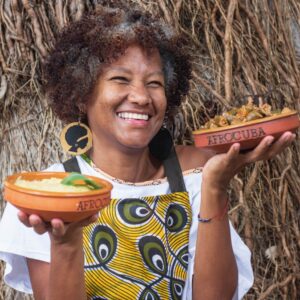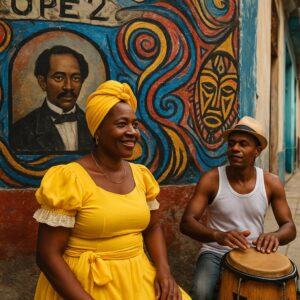
One of the most important aspects of Afro-Cuban culture is its music. The rhythms and melodies of Afro-Cuban music have had a profound influence on many other musical genres, including jazz, salsa, and hip-hop. The roots of Afro-Cuban music can be traced back to the African slaves who were brought to Cuba by the Spanish colonizers in the 16th century. These slaves brought with them their own musical traditions, which were blended with the music of the Spanish colonizers and the Indigenous people of Cuba to create a rich and complex musical tapestry.
Perhaps the most famous form of Afro-Cuban music is the rumba, a high-energy dance music that features complex rhythms and improvisation. The rumba is often accompanied by a group of percussion instruments, including the conga drum, the bongo, and the clave. Other important forms of Afro-Cuban music include the son, the danzón, and the cha-cha-cha, each with its own unique rhythms and dance styles.
Afro-Cuban culture is also closely tied to religion, particularly the syncretic religion of Santería. Santería combines elements of the traditional Yoruba religion of West Africa with Catholicism, and is practiced by many Afro-Cubans. Santería rituals involve the use of music, dance, and animal sacrifice to communicate with the Orishas, or deities, who are believed to have the power to influence the lives of humans. Santería has had a profound influence on Cuban culture, shaping everything from music and dance to art and literature.
Another important aspect of Afro-Cuban culture is its cuisine. Cuban cuisine is a delicious fusion of Spanish, African, and Indigenous flavors, with many dishes featuring ingredients like plantains, yucca, and black beans. Some of the most popular Afro-Cuban dishes include ropa vieja (shredded beef stew), moros y cristianos (black beans and rice), and arroz con pollo (chicken and rice). Afro-Cuban cuisine is also famous for its desserts, including flan (a caramel custard) and churros (fried dough pastries).
Finally, Afro-Cuban culture is also known for its vibrant and colorful art and architecture. Cuban art is characterized by bold colors, strong lines, and a sense of improvisation and spontaneity. Many Cuban artists have been influenced by the Santería religion, incorporating its symbols and imagery into their work. Cuban architecture is also known for its bright colors and ornate details, with many buildings featuring intricate tilework and wrought iron balconies.
Despite the challenges that Afro-Cubans have faced over the centuries, their cultural heritage remains strong and vibrant today. Through music, dance, religion, cuisine, and art, Afro-Cubans have created a rich and unique culture that continues to inspire people around the world. Whether you’re interested in learning more about Afro-Cuban music, trying some traditional Cuban dishes, or exploring the streets of Havana, there’s something for everyone in this vibrant and dynamic culture.












